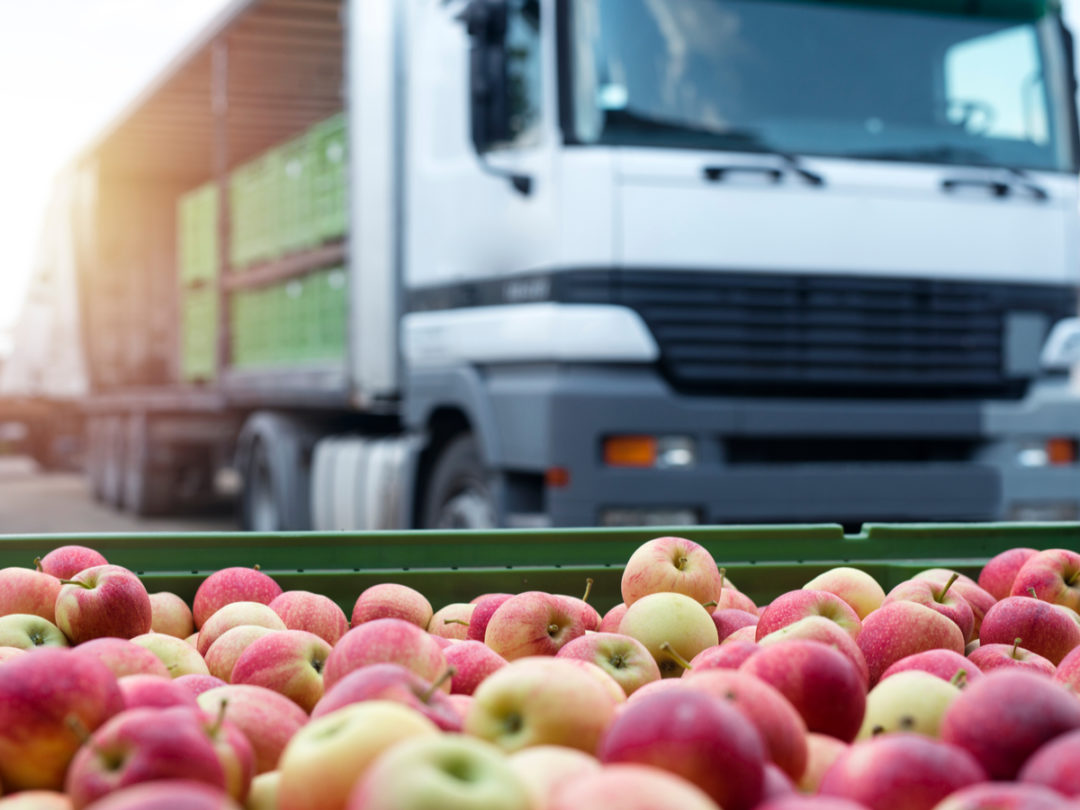
In the face of such uncertainty, a turn to the most innovative general-purpose technology of the 21st century could provide unforeseen solutions, and benefits to all parties involved. The technology in question is, of course, blockchain. The buzzword so often used in reference to payment processing, or as an immutable ledger for information verification, happens also to be equally applicable to increasingly fragile global supply chains.
In the case of Brexit – whether there is a deal or no deal at all – blockchain can radically transform the safety, security, and legal bureaucracy surrounding health standards, food and pharmaceutical supply chains, and the ease of access that Britain might have when attempting to enter new markets.
Blockchain and the Supply Chain
When industry experts refer to blockchain’s potential for supply chains, they most often have in mind three main features of the distributed ledger technology: First, that it is secure, meaning once the information has been incorporated onto the blockchain, it cannot be changed. Second, it is distributed, meaning a number of different actors can make use of the information store upon it, while no single actor has control over the network itself. Third, and finally, a blockchain is cost-effective; by leveraging smart-contracts (automatic blockchain payments, for instance), companies have the ability to seamlessly exchange goods and information, while also better managing their inventories and production schedules.
When it comes to today’s global supply chains, particularly in the food and pharmaceutical industries, the need for a secure, decentralized, and cost-effective solution is more relevant than ever. As consumer trends indicate a heightened concern over supply-chain transparency and product quality, current supply chains are plagued with mislabeled products, counterfeit goods, and opaque distribution practices. At the same time, product inventories often are still kept by pen and paper, or at best in a company database.
Such practices result in information silos and generally inefficient food management practices, wherein neither consumer nor supplier benefits to the greatest possible extent. Global supply-chain inefficiencies are so much of an issue that Foreign Policy magazine recently categorized them as a “national security threat,” due to the fact that a cyber-attack, major supply-chain disruption, or even a no-deal Brexit from the E.U. would leave stores in the U.K. empty within a matter of days.
Brexit and the Need for Blockchain
In 2017, the British food and beverage industry accounted for 16 percent of total manufacturing turnover, with exports valued at close to £22bn. In 2016, the British pharmaceutical export industry was valued at over €30 bn. With the prospect of a no-deal Brexit on the horizon of 2019, a central question needs to be asked: beyond optimizing supply-chain connectivity and security, what impact can blockchain have on a country’s trade capabilities and access to particular markets? More specifically, this needs to be considered in relation to the U.K. and E.U., regardless of whether there is a deal or not.
A preliminary conclusion would reveal that blockchain not only can ease industry friction in the event of a no-deal Brexit, but even more importantly, it can function as an impartial validator for products and medicines trying to enter the E.U. With the ability to prove product quality, companies can comply with and surmount food or medicine regulations no matter where in the world they are based.
In the case of the U.K. and the E.U., the ability to use blockchain to track and trace the nutrient composition, ingredient sourcing and product origin of every food or medicine in the supply chain allows for seamless compliance with a country’s import regulations. A U.K. company could prove that its product has been sustainably sourced, all-naturally made, safely transported, and securely managed, from the moment of harvest to arrival at the import control center. All of this could be achieved with the quick scan of a smartphone.
In such a scenario, the idea of fair trade can actually be realized, and unnecessary legal litigation easily circumvented. So long as the company in question can demonstrate compliance with key import control barriers, there is no legally acceptable reason to deny it access to a specific market.
More generally, the transformative power of blockchain extends to any government in the world in the future negotiation of trade deals.
In the past, government ministers striking trade deals have been able to use import barriers and food safety standards as bargaining chips against other countries. With a blockchain-based food or pharmaceutical traceability system, the entire question of safety standards can be outsourced to individual companies and their supply-chain management practices. No company around the world needs to be discriminated against or punished simply because of its geographic location. In this sense, blockchain not only allows access to new markets, it raises overall industry standards for quality-management practices.
In short, a deal or no-deal Brexit can be handled efficiently and with minimal trade friction through the incorporation of blockchain into British supply-chain and logistics systems. Blockchain not only has the potential to disrupt business models and global trade; it can help to level the playing field and re-emphasize the values that ought to guide integral business development: transparency, responsibility, and consumer health. Food and pharmaceutical companies eager to escape the troubles that a no-deal Brexit might pose have much to gain by investigating the most innovative technology of the 21st century.
Angel Versetti is co-founder and CEO of Ambrosus.







